
Myanmar’s Military Junta Faces Growing Threats as Resistance Gains Ground and Economy Falters, Increasing China’s Influence
Myanmar’s ruling military junta is grappling with unprecedented challenges as armed resistance groups continue to gain control in the north, and the country’s economy faces severe difficulties. Analysts suggest that these rapidly shifting dynamics are giving China greater leverage over the nation’s embattled military rulers.
Northern Setbacks and Strategic Losses
Earlier this week, Myanmar’s junta acknowledged losing control of a regional military base in northern Shan State, a key area for China’s Belt and Road Initiative and border trade. This defeat is the latest in a series of setbacks in the northern regions of the country, where the Three Brotherhood Alliance, an ethnic coalition, has made significant advances since late 2023.
According to the United States Institute of Peace (USIP), between October and December 2023, the Three Brotherhood Alliance gained control of over 7,700 square miles. This territory includes crucial border crossings and trade routes between China and Myanmar, making it strategically significant. By June 2024, the alliance expanded its control to central Myanmar, encompassing areas like Lashio, Kyauk Mae, and regions near Mandalay, the nation’s second-largest city.
Professor Zachary Abuza of the National War College in Washington emphasized the symbolic importance of Lashio’s capture by opposition forces. “It is on the highway between Mandalay and the Chinese border of Ruili. It’s a critically important town. It’s also the headquarters of the Northeastern Command,” Abuza explained.
China’s Increasing Influence
In response to the junta’s struggles, China has been deepening its involvement in Myanmar. On Thursday, China dispatched its special envoy, Deng Xijun, to Myanmar, where he met with the country’s military leader, Senior General Min Aung Hlaing. Their discussions reportedly focused on election preparations and maintaining stability at the border and throughout the country. Notably, the talks did not mention China’s sponsored peace negotiations with the Three Brotherhood Alliance, which were originally scheduled for late July but were reportedly boycotted by the regime. China is pushing for a new round of talks to occur soon.
Experts believe that Myanmar’s junta is increasingly reliant on China for support. In a bid to strengthen ties, Min Aung Hlaing in April 2024 offered to restart the long-delayed Myitsone Dam project in Kachin State, a move seen as an appeal to Chinese interests. The China-backed Myitsone Dam was halted in 2011 following widespread protests over its potential environmental and social impacts. The project was a significant loss for Beijing, as 90% of the electricity it was expected to generate was intended for China.
“Min Aung Hlaing’s recent messaging around the Myitsone Dam is quite instructive. He’s trying to use economic concessions to compel the Chinese side to give additional support to the Myanmar military strategically,” said Jason Tower of USIP, who closely monitors China-Myanmar relations.
Engagement with Former Military Leaders
China’s recent engagement with former military elites, including Thein Sein and Than Shwe, suggests Beijing may have concerns about Min Aung Hlaing’s leadership. In July, former President Thein Sein visited Beijing, while the Chinese ambassador to Myanmar visited former military chief Than Shwe in April.
In a recent analysis, Jason Tower argued that “by inviting Thein Sein, Beijing sent a strong message that it hopes Myanmar will return to a pathway of reform like the military started on in 2008.”
Professor Abuza agrees, suggesting that China is looking for elections in Myanmar as a potential “off-ramp” from the current crisis. “I think the Chinese are looking for a way that Min Aung Hlaing and [Deputy Commander-in-Chief of Defense] Soe Win are retired. A group of more pragmatic generals looks for elections with the opposition as a transitional process to end this civil war,” Abuza said. “I think the Chinese believe that the devil you know is better than the one you don’t.”
Conclusion
As Myanmar’s armed resistance groups gain momentum and the economy struggles, the ruling junta faces increasing pressure both domestically and internationally. China’s deepening involvement, coupled with the junta’s reliance on Beijing, highlights the shifting balance of power in the region. With ongoing conflicts and political uncertainty, Myanmar’s future remains precarious, and the role of China will likely continue to be a critical factor in determining the country’s trajectory.
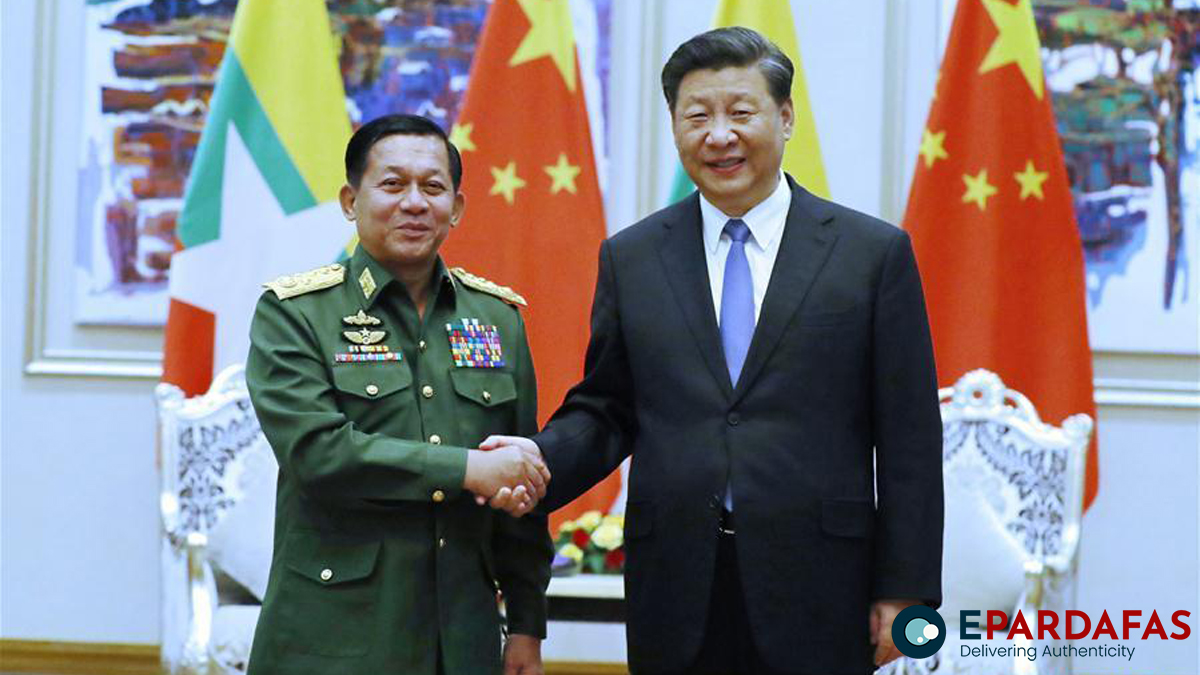
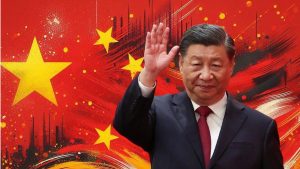



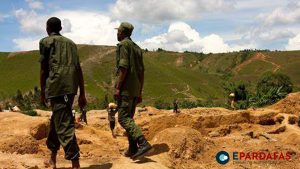
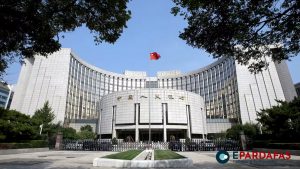


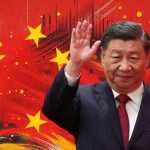



Comments